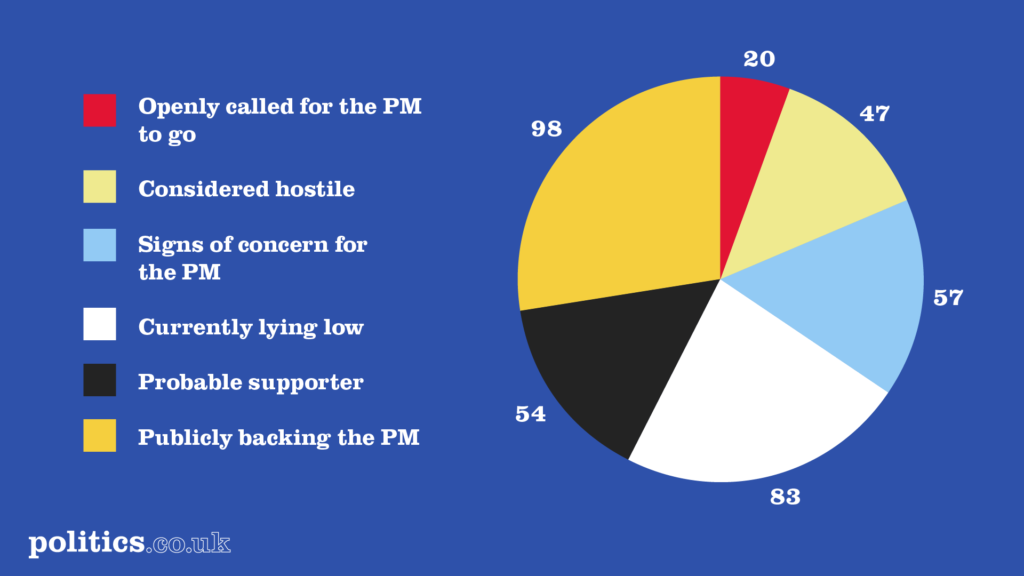What is sexual health
Sexual health refers to a raft of topics relating to gynaecology and urinary medicine (GUM), reproduction and family health and sex and relationship education.
People may access sexual health services through GP surgeries, family planning centres, GUM clinics, pharmacies and smaller initiatives such as school nurse schemes.

In recent years there has been concern about the funding being allocated to local sexual health services.
Background
In an attempt to reduce the number of Sexually Transmitted Infections and unwanted pregnancies – a stated policy of the Department of Health – contraception is freely available to both men and women on the NHS, although many public health campaigners frequently warn that sexual health services are not fit for purpose.
One of the most common sexually transmitted infections is chlamydia and worryingly for sexual health professionals, recent years have seen the return of syphilis, with cases of the infection increasing amongst high-risk groups.


Although treatable, sexually transmitted infections like chlamydia and syphilis are a serious concern for the health service because they can develop into more serious long-term illnesses or conditions such as infertility. Many sexually transmitted infections are also recognised as favouring the spread of HIV, a considerable concern for public health professionals.
In November 2009 a new national campaign called ‘Sex: Worth Talking About’ was launched by the DoH and the DCSF with the aim of helping young people to become better informed about how to look after their sexual health, avoid unwanted pregnancies, and access treatment for STIs.
The first phase of the campaign focused on contraception and the full range of contraception choices available. The second phase, launched in January 2010, shifted the focus to chlamydia, warning that this infection often has no symptoms and so can be passed on unknowingly. In February 2010 the third phase moved the focus back to contraception.
Adverts for the campaign, which was targeted at 16-24 year olds and their parents, appeared across a wide range of media including TV ads on terrestrial and satellite channels, in cinemas before films such as Avatar and Sherlock Holmes, on posters, in women’s magazines and online.
The government said research had shown that “a lack of knowledge, and misinformation, coupled with poor attitudes and communication” was hindering safer sexual behaviour.
Changes to the commissioning of NHS services were outlined in the Health and Social Care Act 2012. From April 2013, the NHS Commissioning Board will become responsible for commissioning services under the GP contract and Local Authorities will take over responsibility for commissioning public health services, including those relating to sexual health.
Controversies
The factors behind poor sexual health have been hotly debated and no single suggestion provides a complete picture. Christian groups and many social conservatives complain that culture, and increasingly sex education, promote promiscuity, which in turn makes it more likely people will transmit STIs or experience an unwanted pregnancy.
Others complain education policies fail to adequately equip young people to promote their own sexual good health and some campaigners argue Britain needs to foster a more open attitude towards sex to encourage safe sexual behaviour. Moving from prevention to cure, a lack of resources for sexual health services has also been blamed for failing to reverse rising rates of infection.
In the past the Department of Health has acknowledged the need to modernise sexual health services and has set itself targets to cut the number of unintended pregnancies and reduce the spread of sexually transmitted infections. But the Department is also keen to draw attention towards positive achievements.
Some two and a half million people now use NHS specialist community contraception services (family planning clinics) each year, with oral contraception the most common primary method chosen by 45% of women attending the clinics. Use of Long Acting Reversible Contraceptives (LARCs) continues to increase.
The British Medical Association (BMA) adopted a more negative view of sexual health services, warning of a sexual health crisis in Britain and calling on the government to urgently reduce rates of STIs. The BMA has regularly warned that gynaecology and urinary medicine clinics would be unable to cope with rising rates of sexually transmitted infections without considerable government support.
Sex and relationship education remains a persistent source of controversy in the UK. The Children, Schools and Families Act passed in April 2010 placed Personal, Social and Health Education (PSHE) on a statutory footing and stated that all young people must receive at least one year of sex and relationship education.
Religious schools were adamant that these topics should be taught within the context of their particular beliefs. Oona Stannard, the then Chief Executive and Director of the Catholic Education Service, said: “Catholic schools uphold the teachings of the Church in all that they do. This applies, in particular, to all work about sex and relationships education. They robustly teach, for example, about the sanctity of life and do not and would not promote abortion.”
This attracted criticism from gay rights and non-religious groups who were concerned that religious schools would be able to promote homophobia and deny pupils access to information about contraception and abortion.
In recent years there has been concern about the funding and scale of sexual health provision. House of Commons library figures showed a £55.7 million cut in local councils’ sexual health services budgets between 2013/14 and 2018/19.
In the three years prior to 2019 the Department of Health acknowledged in an answer to a Parliamentary question that the number of sexual health checks had fallen by 245,000. It has been suggested that failing to fund sexual health services only leads to wider pressures on the NHS in the longer term.
Statistics
In 2019, there were 468,342 new STI diagnoses made at sexual health services in England. Of these, the most commonly diagnosed sexually transmitted infections were chlamydia (229,411; 49% of all new STI diagnoses), gonorrhoea (70,936; 15%), first episode genital warts (51,274; 11%), and first episode genital herpes (34,570; 7%). [Source – Public Health England, 2019]
Quotes
“Prevention efforts, such as greater STI screening coverage and easy access to sexual health services, should be sustained and continue to focus on groups at highest risk. Men who have sex with men having unprotected sex with casual or new partners should have an HIV/STI screen at least annually, and every 3 months if changing partners regularly. Health promotion and education are important interventions for the prevention of STIs and HIV through improving public awareness and encouraging safer sexual behaviour. “ – Health Protection Agency – 2012



















